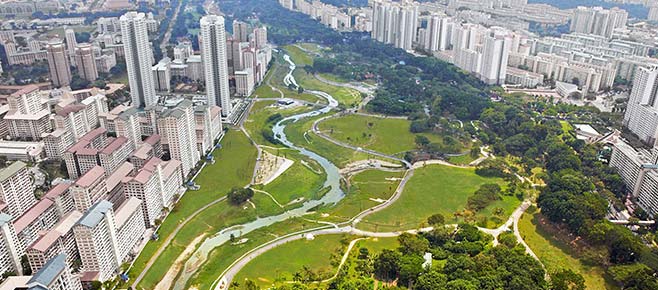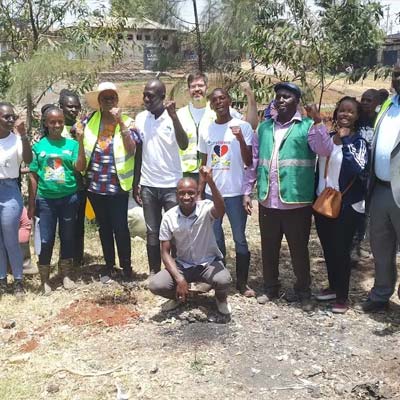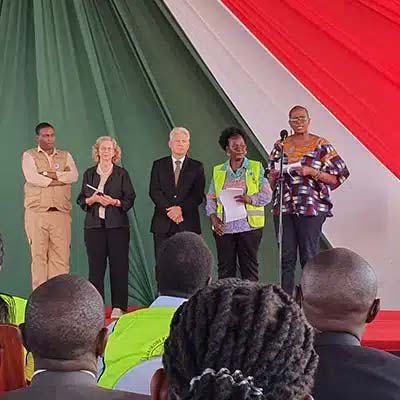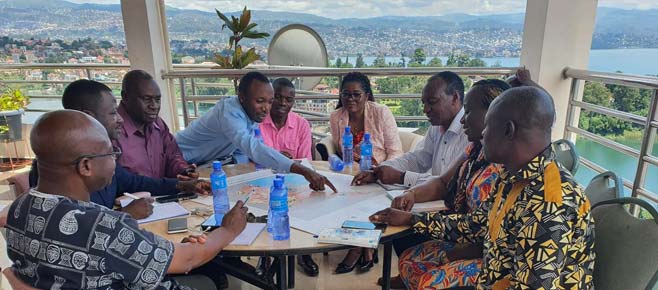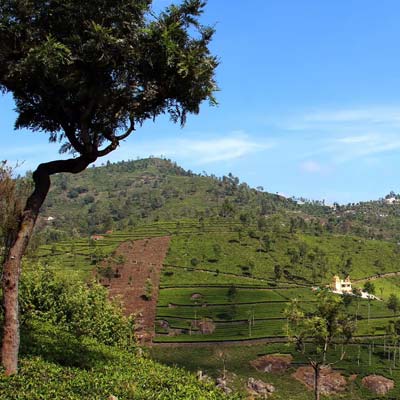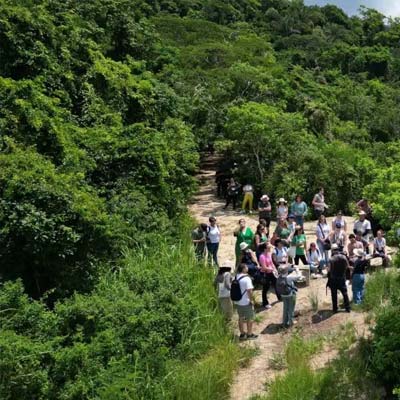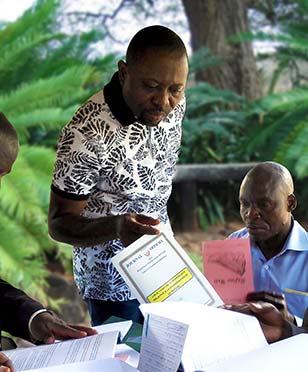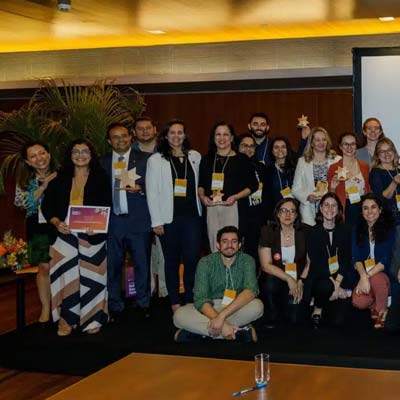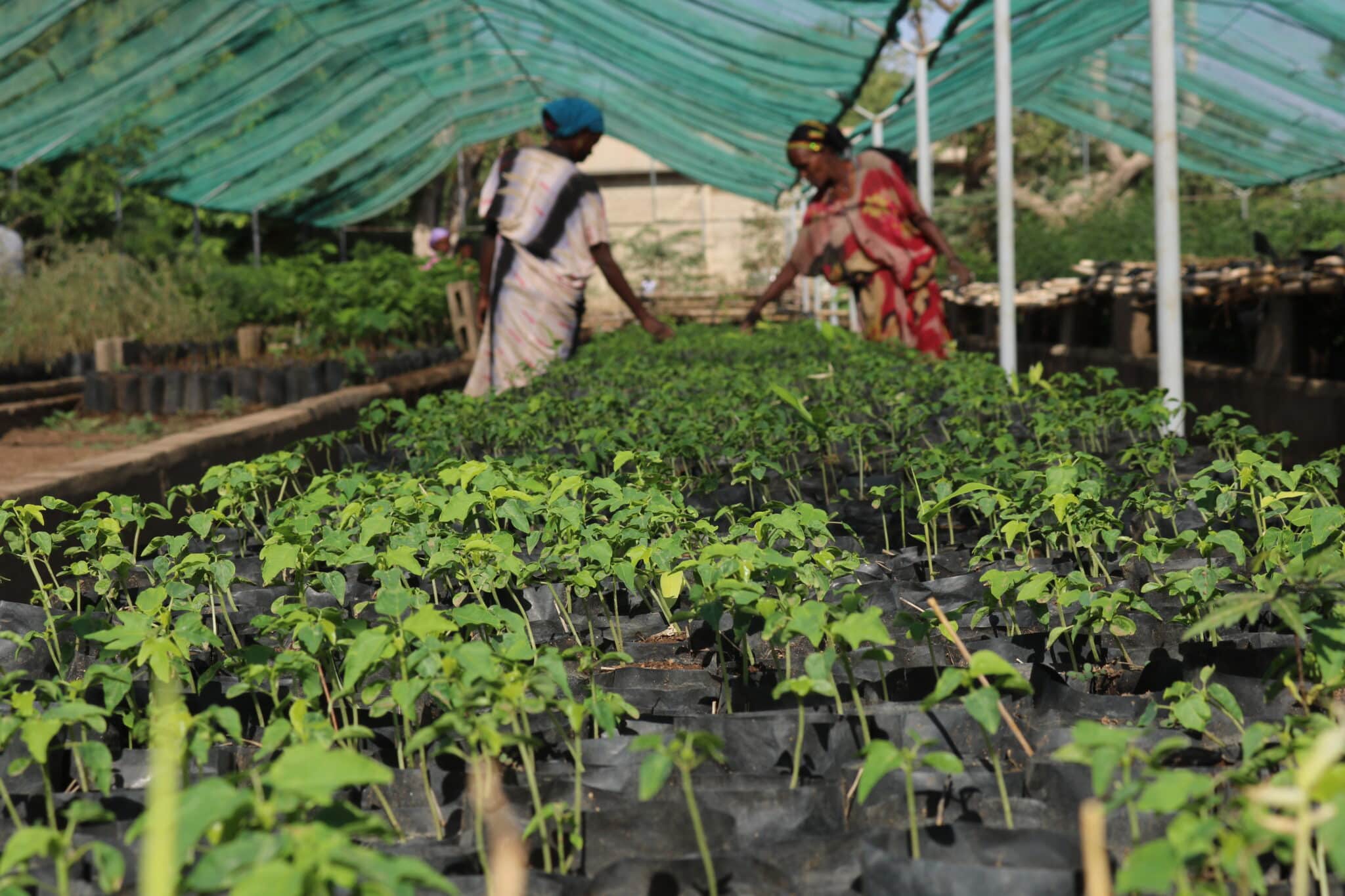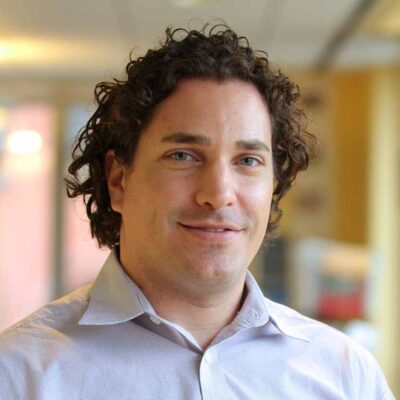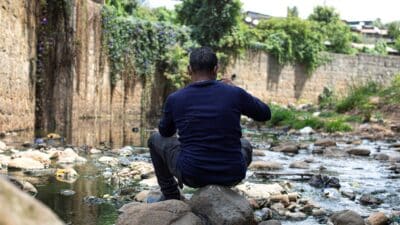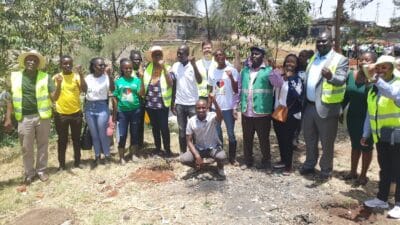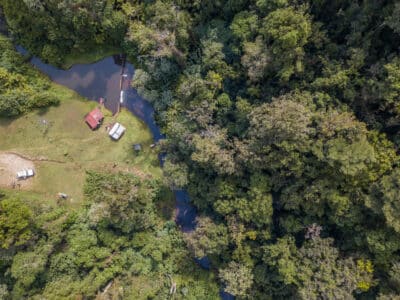The Scaling Urban Nature-based Solutions for Climate Adaptation in Sub-Saharan Africa (SUNCASA) project will benefit 2.2 million people living in high-flood-risk areas across three major African cities by building their resilience to flooding and other water-related risks through gender-responsive nature-based solutions (NBS).
Opportunity
Africa’s rapid urban growth in recent decades has left many cities struggling to protect natural ecosystems and the critical services they provide. Intensive resource extraction and deteriorating landscapes have given rise to a host of water-related risks; primarily, flooding and water scarcity. These effects are especially detrimental to women and other marginalized groups, who are generally more vulnerable to water-related risks because of gender norms, economic disparities, and limited access to resources and opportunities.
Recognizing and incorporating the perspectives of women and other climate-vulnerable communities can catalyze more sustainable land and resource management practices, improve environmental stewardship, and accelerate economic empowerment.
Project Description
Led by the International Institute for Sustainable Development (IISD) and WRI, with support from Cities4Forests, the SUNCASA project works with local organizations and communities, women, and national and local authorities to design and implement solutions that enhance climate adaptation and safeguard particularly vulnerable communities. This includes developing gender-responsive approaches to solutions like restoration, agroforestry and urban tree planting.
SUNCASA aims to engage women and other groups in NBS planning, project preparation, implementation and local decision-making. In delivering these solutions, the project works to facilitate the active participation and influence of women in climate action.
In Dire Dawa, Ethiopia, SUNCASA will restore the Dechatu River catchment to address flood risk, erosion and urban water stress. Over 200,000 people living in flood-prone areas stand to benefit from these solutions.
In Kigali, Rwanda, SUNCASA will restore critical upstream micro-catchments in the lower Nyabarongo River watershed to reduce flood risk, landslides and soil erosion. The project aims to ultimately enhance the resilience of 975,000 people.
In Johannesburg, South Africa, SUNCASA will support urban greening and the revitalization of the Jukskei River catchment. Interventions aim to decrease flood risk, improve urban heat management, enhance water security, support livelihoods and protect biodiversity. The project aims to benefit 1.045 million people.
